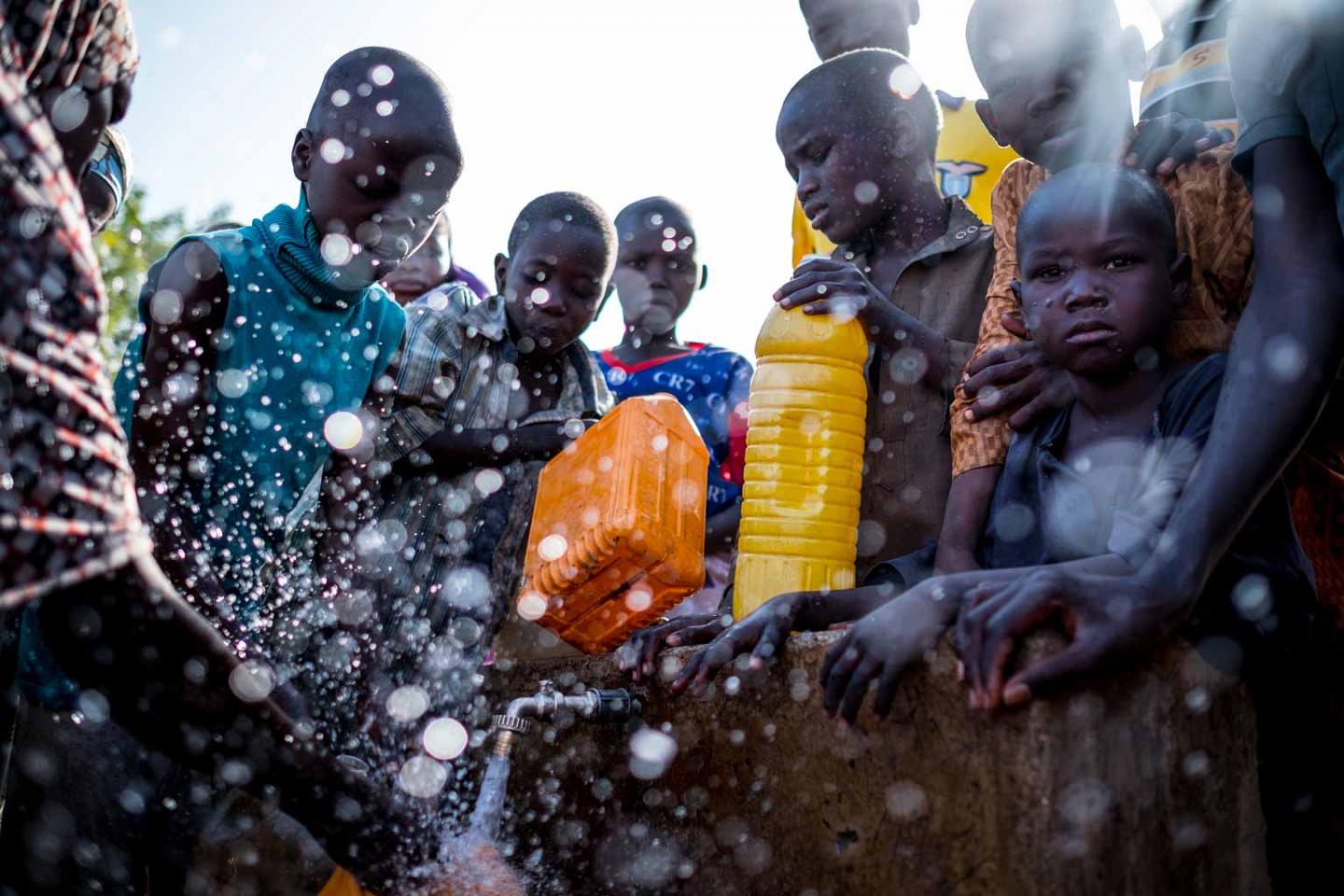In a village near the city of Saurimo in Angola, 14 years old Amari lives alone with his two little siblings. When he lost his parents, as the oldest child Amari became head of the family and responsible for their survival. For Amari, life is made even more difficult with no access to basic sanitation such as clean water and soap. Without access to clean water, the children had trouble cooking, bathing, and coping with water-borne illnesses. They would fall sick and suffer from headaches, stomachaches, and diarrhea. Unfortunately, Amari and his family are not the only ones with these kinds of problems, a lot of neighboring countries also lack these basic necessities which makes daily life even harder.
Today only 27% of Sub-Saharan Africa’s population has access to basic sanitation and in some countries such as Congo or Zimbabwe, this number is decreasing, as service providers fail to keep pace with population growth.
Contaminated water and poor sanitation are linked to the transmission of diseases such as cholera, diarrhea, dysentery, and many others. Among them, some might lead to the hospitalization and even the death of the patient. In fact, about 750,000 children in Africa under the age of 5 die every year from diarrheal diseases.
So, who is most affected by this problem? People who live in rural areas are generally more disadvantaged than those who live in urban areas when it comes to having access to basic handwashing facilities making them more at risk of catching infections and other communicable diseases.
Having access to basic sanitation and washing your hands with soap and clean water seems simple enough but it has a huge impact on the lives of millions of people living in Africa. According to UNICEF :
• During childbirth, handwashing with soap, sterile equipment, and antiseptics can be the difference between life and death.
• Up to 50% of cases of malnutrition are caused by inadequate water, sanitation, and hygiene.
• Children reduce their risk of getting diarrhea by more than 40% when they wash their hands with soap after going to the toilet or before eating.
As we can see, improving the supply of sanitation products and services, especially in areas where the access to these products is low (for example rural areas) is critical to reducing the spread of viruses and bacteria. This would make life more manageable for Amari and people living in similar conditions. So, it is important to raise awareness so that organizations (such as UNICEF) and NGOs partner with governments of the concerned countries and others in community-led initiatives to help them invest in basic sanitation such as soap and water in order to reduce the number of infections and potentially death related to bad sanitation.

0 Comments